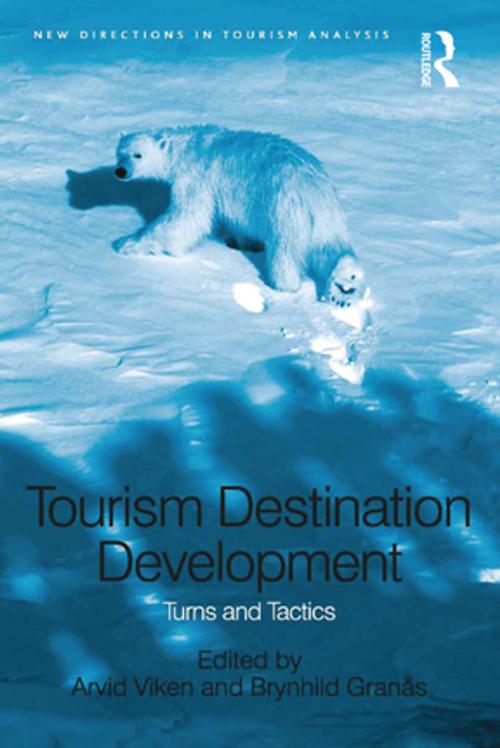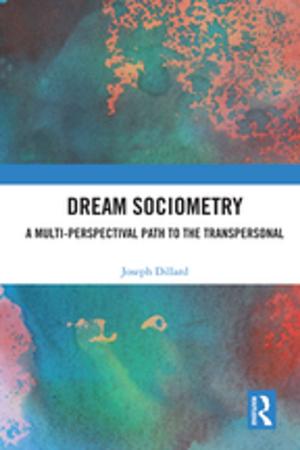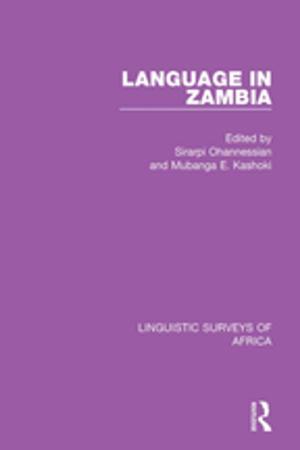Tourism Destination Development
Turns and Tactics
Business & Finance, Industries & Professions, Hospitality, Tourism & Travel, Nonfiction, Science & Nature, Science, Earth Sciences, Geography| Author: | ISBN: | 9781317009573 | |
| Publisher: | Taylor and Francis | Publication: | February 24, 2016 |
| Imprint: | Routledge | Language: | English |
| Author: | |
| ISBN: | 9781317009573 |
| Publisher: | Taylor and Francis |
| Publication: | February 24, 2016 |
| Imprint: | Routledge |
| Language: | English |
Although blurred and heavily contested, the concept of ’tourist destination’ still deserves careful attention. Despite its unstable characteristics, ’destination’ is a central and meaningful term in play among all parties in the field of tourism, including tourists, tourism operators, and politicians, as well as students and tourism scholars. This anthology draws on different approaches and discourses of tourism destination development, while focusing on how they are shaped and reshaped and how they should be read and rehearsed. The book reveals dominant as well as alternative approaches to the field. The authors demonstrate how tourism destinations are commercial, but socially embedded; how they are both material and territorial, but at the same time socially constructed; how production of touristic brands and images are vital, but contested. Such tensions are unfolded through paradigmatic discussions and a series of case studies from the northern hemisphere. The chapters in the book investigate how destination development is catalysed through theming, how changing environments lead to reorientations, and how destinations are political. Altogether, the book provides experts and students with an up-to-date theoretical and empirical insight into tourist destinations.
Although blurred and heavily contested, the concept of ’tourist destination’ still deserves careful attention. Despite its unstable characteristics, ’destination’ is a central and meaningful term in play among all parties in the field of tourism, including tourists, tourism operators, and politicians, as well as students and tourism scholars. This anthology draws on different approaches and discourses of tourism destination development, while focusing on how they are shaped and reshaped and how they should be read and rehearsed. The book reveals dominant as well as alternative approaches to the field. The authors demonstrate how tourism destinations are commercial, but socially embedded; how they are both material and territorial, but at the same time socially constructed; how production of touristic brands and images are vital, but contested. Such tensions are unfolded through paradigmatic discussions and a series of case studies from the northern hemisphere. The chapters in the book investigate how destination development is catalysed through theming, how changing environments lead to reorientations, and how destinations are political. Altogether, the book provides experts and students with an up-to-date theoretical and empirical insight into tourist destinations.















